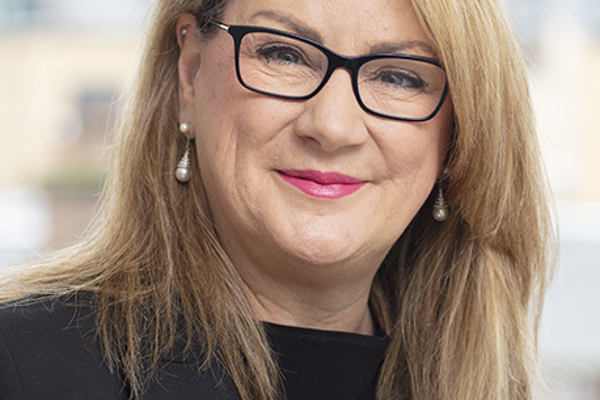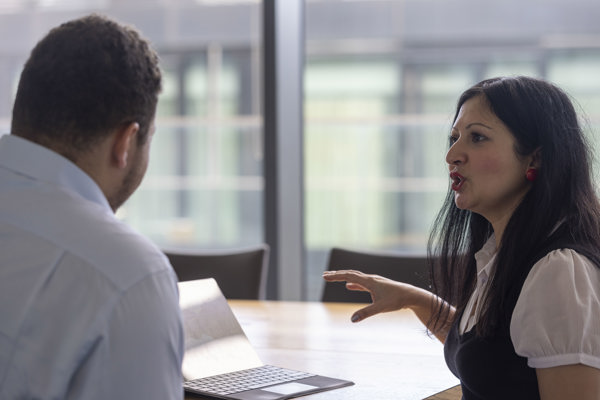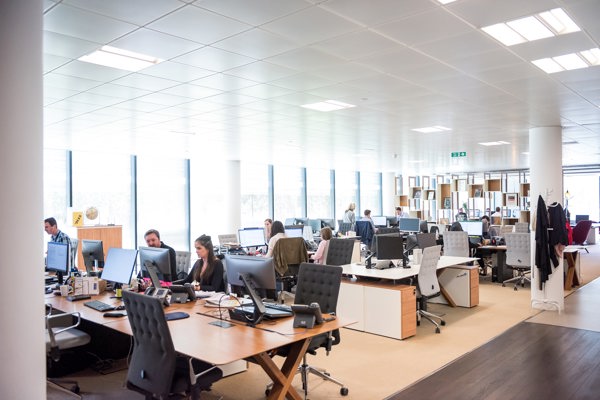Ever since I was a kid, my passion has been music, live music if I'm being specific. I'm never happier than when I'm at a gig or a festival. If I'm honest, I always suspected that hearing loss would be on the cards at some point. My friends, who are musicians and DJs, all suffer from differing degrees of tinnitus and my partner, a broadcaster, has the greatest selective deafness of anyone I've ever known.
However my deafness came about with no warning. I woke up on a Sunday morning with deafening tinnitus in my left ear and a screaming bout of labyrinthitis - for those who don't know what that is, it's where you are effectively seasick but without the bonus of being on a boat in the sunshine #NotOnABoat. I couldn’t stand, couldn't walk, but was incredibly able to be sick - a good time was most definitely not being had - and it was all down to a particularly bad inner ear infection.
Whilst the most debilitating aspects cleared after 6 weeks, I was left with permanent hearing loss in my left ear. I now have to wear a hearing aid, which still takes a lot of getting used to.
What I am trying to say (ineloquently as usual) is that hearing loss and deafness is invisible.
I have a couple of suggestions (based on my own experience) which I think may help when working in the office.
1. Make sure people know
I'm cheating a bit with this one by writing this, but if people know, they will be more likely to get your attention before speaking and less likely to be frustrated at repeating what they said when needed.
Whilst most people won't give it a passing thought - and are likely to forget - hearing loss is a huge deal to the person it has happened to. It can be really difficult to not let it get you down and feel as if it is impacting negatively on your performance - your colleagues can help massively with that.
2. Ask for help
Prior to getting my hearing aid, I used to wear noise cancelling headphones in the office. They don't exactly make you look the most approachable, but they did become essential in carrying out my role. My team knew that it was essential and if they needed me, they emailed first or, came up to talk to me on the side of my "good" ear. It really did make all the difference.
3. Location, Location, Location
Your usual desk might not be the optimal position for you in an open plan office. Finding a space which is as removed from background noise as possible is key - even moving a few feet away from a noisy tea station or photocopier makes a huge difference.
4. It's not all about talking
Non-verbal communication tools are key. An email to ask for a chat about something first is really helpful. Also a hand on the shoulder to make sure that person is aware of your presence before talking to them at their desk can save a lot of embarrassment and time - I've lost track of the amount of people who came to ask me for help and who had been standing by my desk waiting for me to notice they're there - SORRY!!
5. Meetings
This one is tricky, but always try and position yourself in a place where you feel your range of hearing will be best. You should never feel embarrassed about asking to move seats so you can hear things better.
P.S. - don’t rely on the "I'm almost out of battery" noise to play on your hearing aid. Sometimes it doesn't and then you get the joy of 4 days of re-acclimatising to having full hearing once you put a new battery in. It is NOT FUN.


